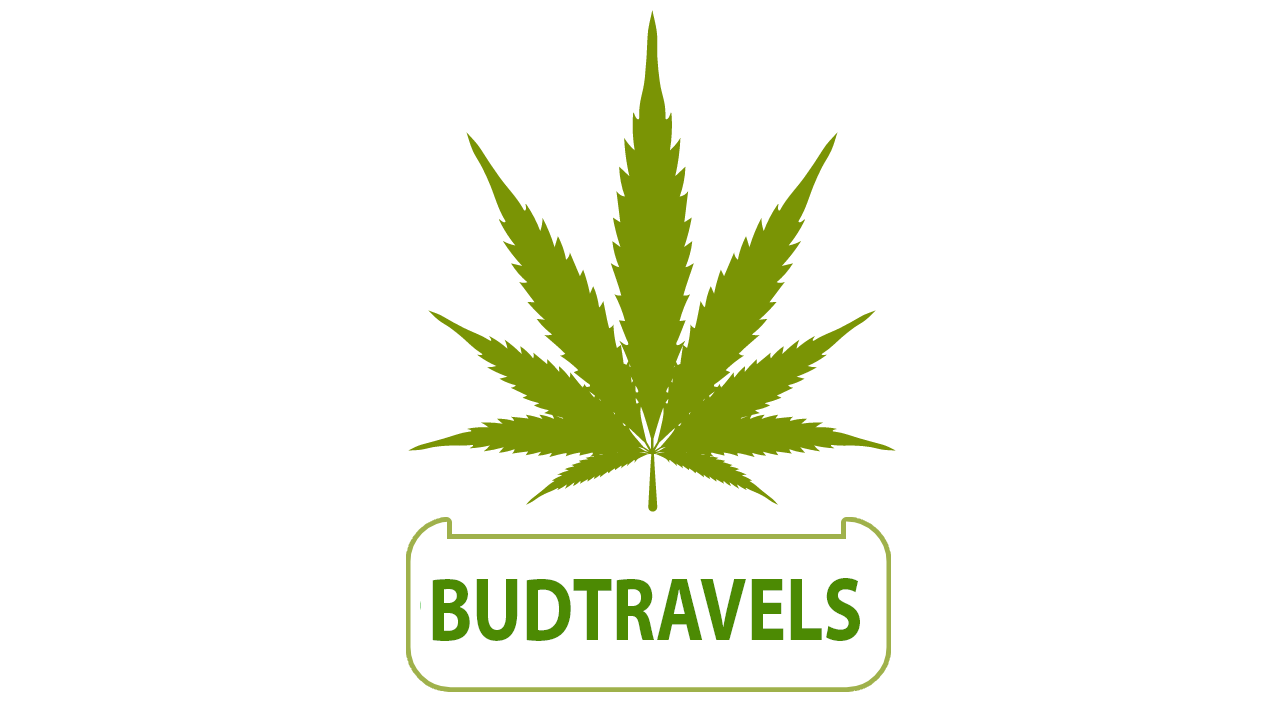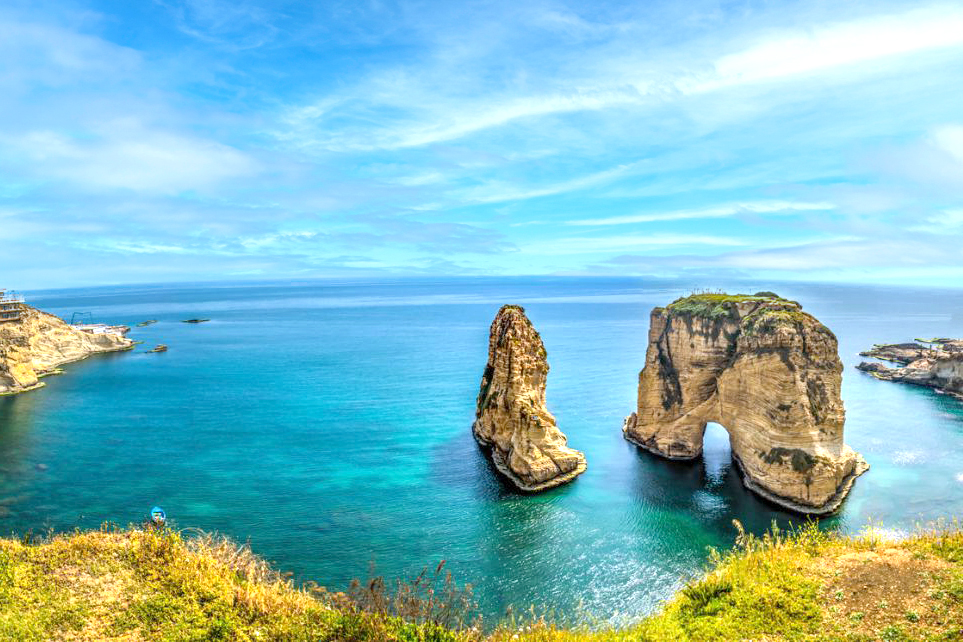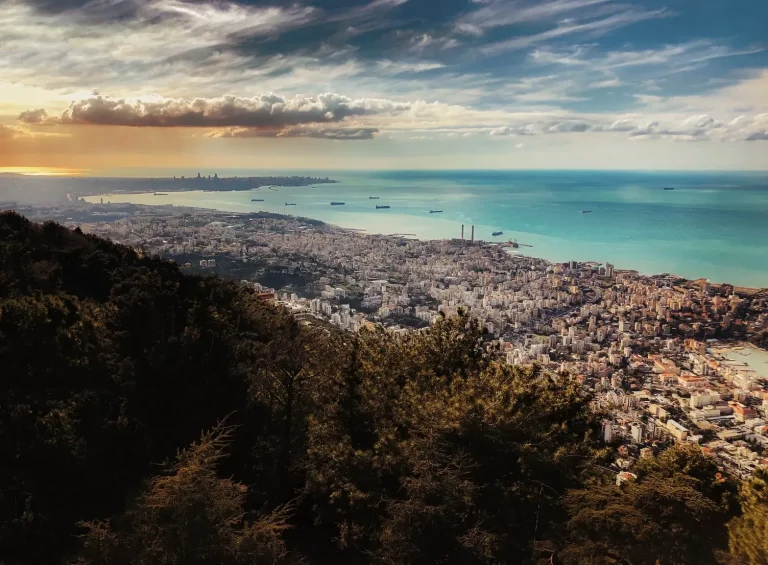Get Weed in Beirut, Lebanon
Cannabis is officially illegal in Lebanon, with strict penalties for possession, cultivation, or trafficking. However, enforcement in Beirut—especially in liberal or secular districts—is often lax or inconsistent. Hashish use is relatively common in artistic, musical, and student circles, and local authorities sometimes turn a blind eye. Still, travelers should proceed with caution, as police discretion varies widely. All about Weed in Beirut, Lebanon.
Medical Cannabis in Beirut
In 2020, Lebanon made headlines by becoming the first Arab country to legalize cannabis cultivation for industrial and medical export. However, this does not mean medical cannabis is available locally to patients. There is no dispensary network, prescription system, or public access. The legal change was primarily geared toward economic export rather than domestic reform.
Get Weed in Beirut, Lebanon
Hashish, not flower, is the dominant cannabis form in Beirut. Smoking hashish in private apartments, rooftop parties, or underground bars is not uncommon, especially in areas like Hamra, Gemmayzeh, or Mar Mikhael. Some locals may offer it socially, but visitors should remain cautious—particularly when outside of trusted social spaces. The risk is higher near government buildings or conservative neighborhoods.
Prices
- High-quality Lebanese hash: $5–10 USD per gram
- Imported flower: Rare and expensive, often $15–30 USD per gram
- Quality: Some of the best hash in the world, often handmade from Bekaa Valley crops
Practical Tips for Travelers
- Never transport cannabis at the airport or across borders.
- If offered hash, verify trust in the environment before accepting.
- Enjoy cannabis-tinged experiences through Beirut’s eclectic nightlife, live music venues, rooftop lounges, and shisha cafes.
- Keep usage private and discreet—Beirut is liberal, but still operates under technically strict laws.




Finding someone trustworthy in a new city like Beirut is always a challenge, but Joint Boy
( jointb426@gmail.com ) made it easy. He communicated clearly, was punctual, and provided a top-tier service. I had zero stress throughout the process, and the WEED quality was top-notch. If you’re traveling and need someone dependable, Joint Boy is your guy for some quality cannabis and meds!